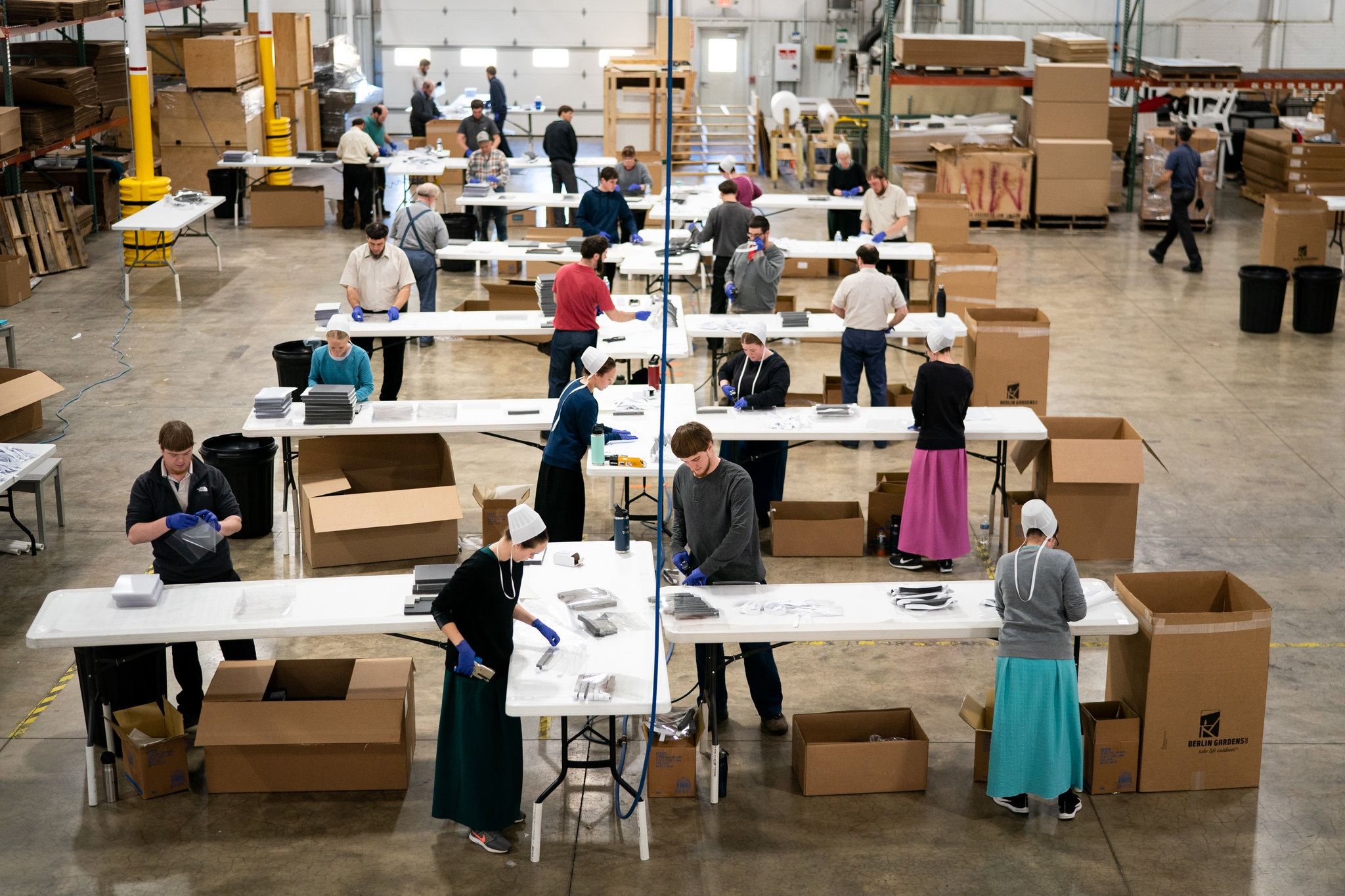The odd thing about reporting on the coronavirus is that the nonexperts are supremely confident in their predictions, while epidemiologists keep telling me that they don’t really know much at all...
Some conservatives scoffed that the coronavirus was like the flu, which was utterly wrong. Some liberals foresaw a disastrous outbreak when Jerry Falwell Jr. kept Liberty University open this spring, and that never happened. Viruses are complicated.
It has now been more than three weeks since Georgia started reopening, and there hasn’t been the abrupt statewide surge of infections that many had feared. That’s a good sign for reopening. But it’s early, and it’s in part because people in Georgia are still distancing to some degree on their own.
Texas opened up and lately has reported a spike of new infections, which is bad news. But that’s in part because Texas increased testing, and if you do more testing you find more infections.
We know that social distancing works, for China, Italy, Spain, Iran and New York all were hard-hit and eventually squelched horrifying outbreaks by imposing tough restrictions. Governors of Washington and California acted early and avoided such catastrophic outbreaks.
One study reported in Health Affairs found that government restrictions collectively averted some 35 million infections in the United States by the end of April; if that’s true, those restrictions also saved an enormous number of lives.
Yet the same study found that school closures didn’t much help, and we still haven’t figured out the optimal level of restrictions to smother the virus’s spread without stifling citizens’ daily routines...
...In many places in America, there appears to be virtually no coronavirus, so those localities probably could safely reopen just about everything — if we could identify them and if we had rigorous surveillance so we could be ready to clamp down on an outbreak the moment it began.
Yet
a majority of counties still don’t have a coronavirus testing site, and in some places the public isn’t using the testing capacity we have. So we should ramp up testing sewage for the coronavirus. Sewage often tests positive before human cases turn up, so it offers a critical early detection system. If Pakistan can conduct widespread virus testing of its sewage for polio, the United States can introduce widespread sewage testing for the coronavirus...
...There’s growing evidence that outdoor transmission is rare, so we should be more ready to open up parks and beaches. On the other hand, meatpacking plants, prisons and nursing homes have been particularly lethal, so they merit far greater care and oversight.
...many epidemiologists, while acknowledging how little they know, are deeply apprehensive about a big second wave this fall, more brutal than anything we’ve endured so far.
“You’ve got to have a lot of humility with these viruses,” Professor Osterholm said. “I know less about viruses than I did 10 years ago.”



